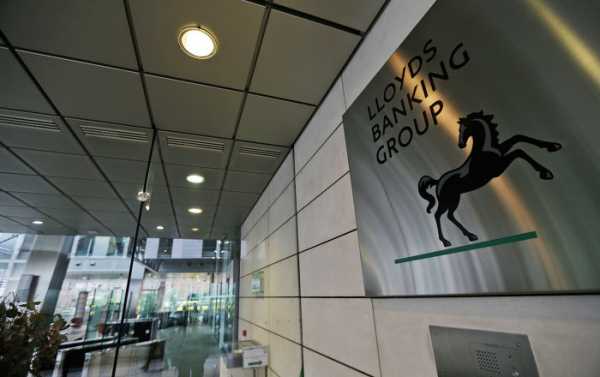
A British bank has forced its chief officer to resign amid unresolved turmoil affecting the company’s IT systems, a statement today read. The incident follows several contentious service-related meltdowns from British banks in recent years.
A TSB statement released Tuesday said that former TSB chief executive officer Paul Pester “will be stepping down from his position and leaving the company,” following unresolved problems caused by an IT meltdown in April.
Interim chairman Richard Meddings has taken over Pester’s duties and indicated that TSB still struggled to fully resolve the IT snafu, but was working around the clock to do so.
“Although there is more to do to achieve full stability for customers, the bank’s IT systems and services are much improved since the IT migration,” Meddings said.
“Paul and the Board have therefore agreed that this is the right time to appoint a new CEO for TSB.”
Pester thanked the company’s partners for their hard work and dedication, adding they helped grow TSB’s balance sheet from £18 billion to £31 billion and that he was honored to help oversee TSB’s creation and growth.
“The last few months have been challenging for everyone at TSB,” Pester stated. “However, I want to thank all my colleagues across TSB for their dedication and commitment during this period and for their focus on putting things right for TSB customers.”
“It has been a privilege to lead TSB through its creation and first five years. I look forward to seeing the next stage of our bank’s history evolve.”
Pester served seven years as TSB’s chief executive officer and helped the company through the IT crisis since it unfolded April 22. Around 400 customers saw conflicting data related to “connected” family accounts, a June 24 statement read.
The chaos erupted after TSB attempted to migrate its data to a new IT system. Following ongoing technical issues, TSB incurred a statutory loss of £107.4 million and an additional £176.4 million in post-migration costs, “including customer compensation, additional resources and foregone income as a result of waived overdraft fees and interest charges,” a July 27 statement read.
TSB’s financial performance in the first six months of the year was significantly impacted by the IT migration with a statutory loss before tax of £107.4 million.
“I know how frustrated many customers have been by what’s happened. It was not acceptable, and was not the level of service that we pride ourselves on — nor was it what our customers have come to expect from TSB,” Pester told customers in July.
Parliamentarians opened a subsequent inquiry in June listing TSB’s service disruptions, requesting both written and oral evidence on the setbacks incurred by the bank.
“Since the IT problems at TSB began, Paul Pester set the tone for TSB’s complacent and misleading public communications,” Rt Hon. Nicky Morgan MP, chair of the UK treasury committee, said in a statement on Tuesday. “The Treasury Committee, therefore, concluded that it lost confidence in Dr Pester’s position as Chief Executive of TSB.”
“In this light, it is right that he is stepping down.”
British banks have been hammered by IT snafus in recent years, after The Royal Bank of Scotland (RBS), the parent bank of NatWest and Ulster Bank, was hit with a £50 million ($77 million) fine after a similar meltdown in 2012. Customers of TSB and Lloyds bank could not access debit cards and ATMs after computer malfunctions were reported in 2014.
Sourse: sputniknews.com






